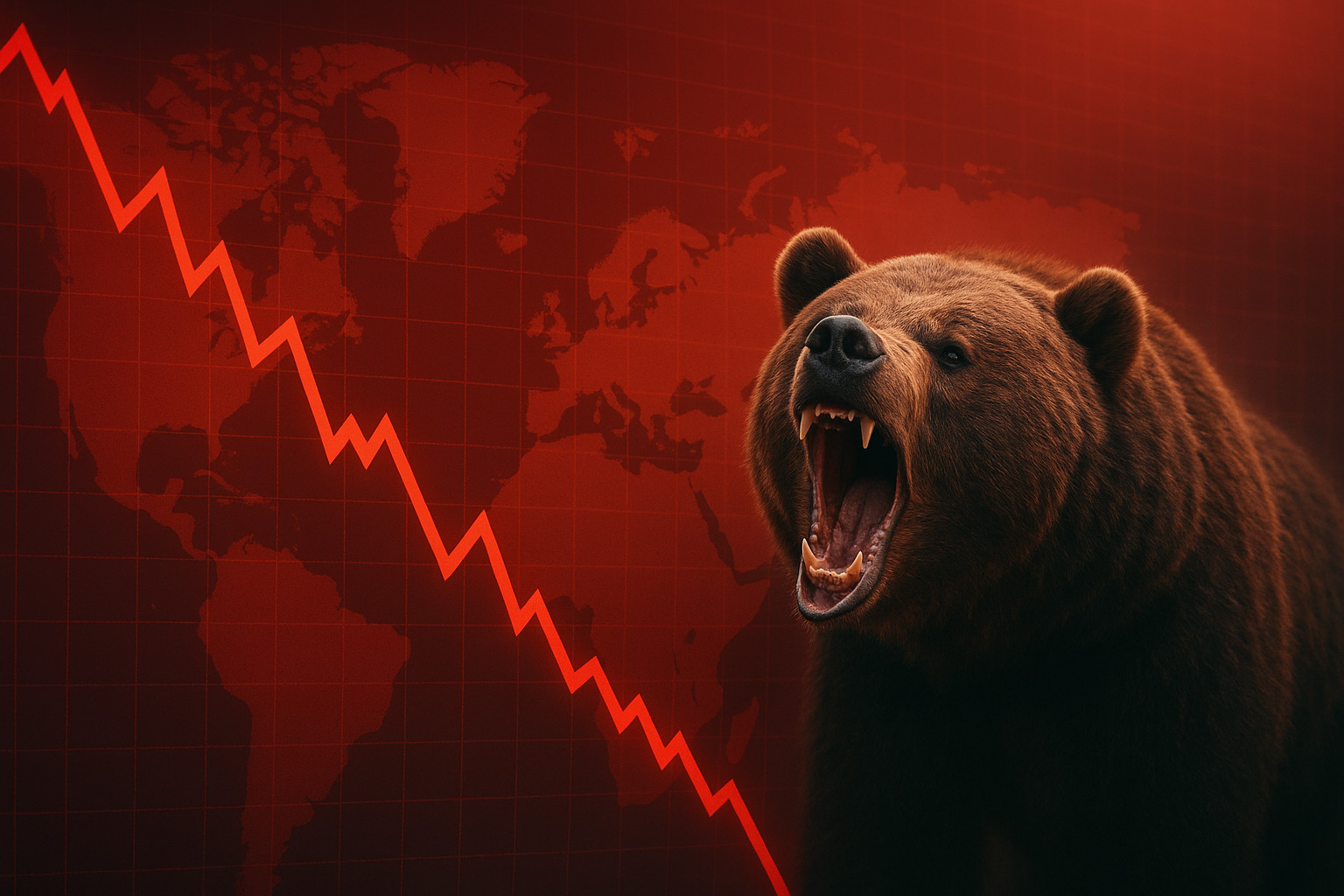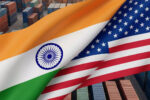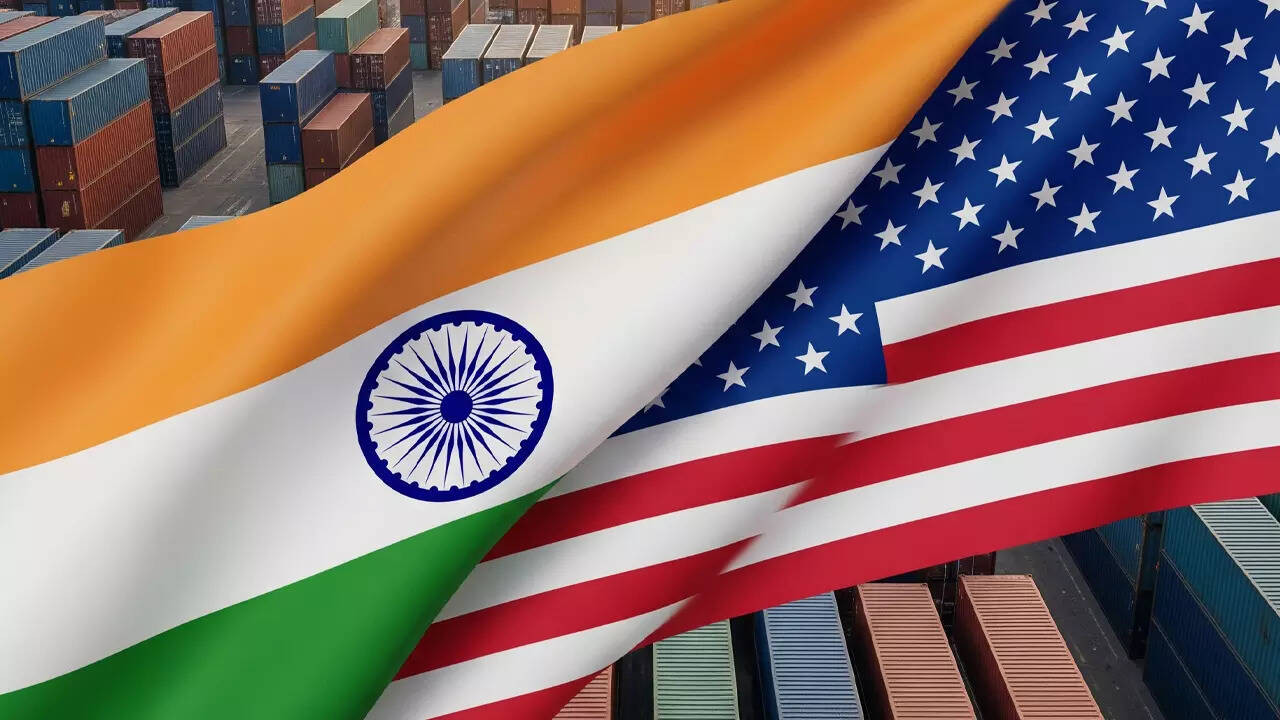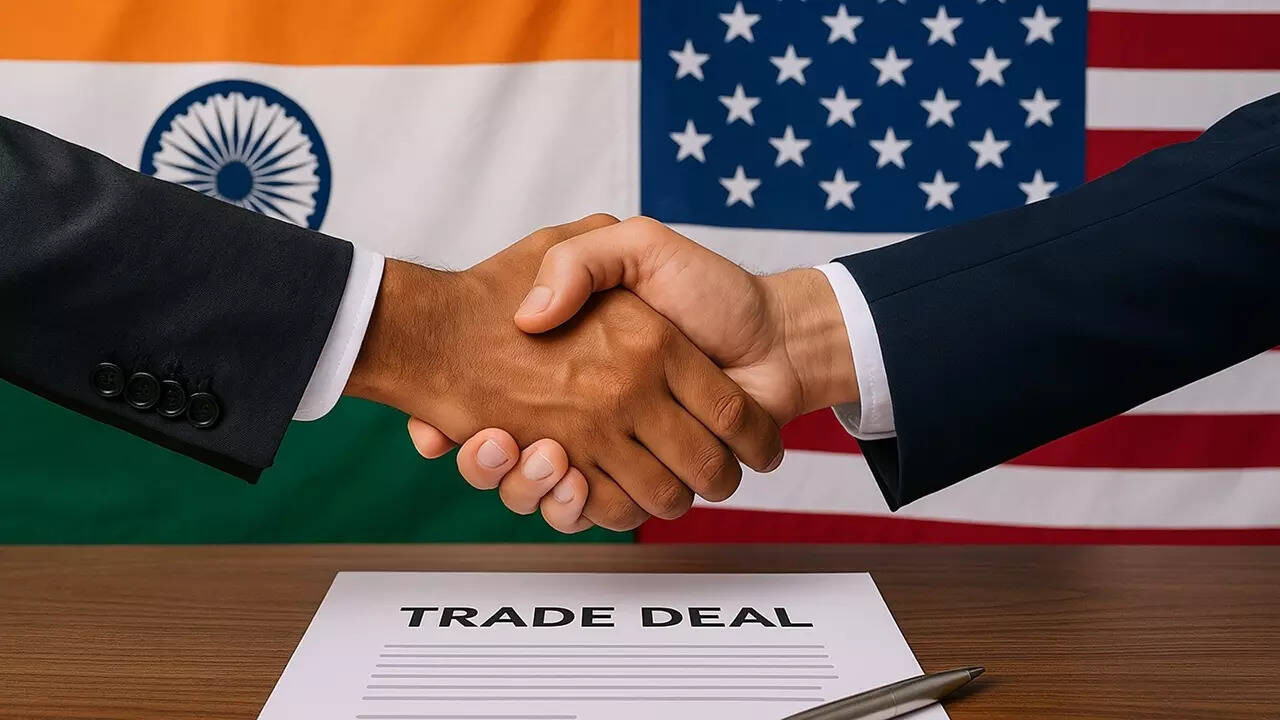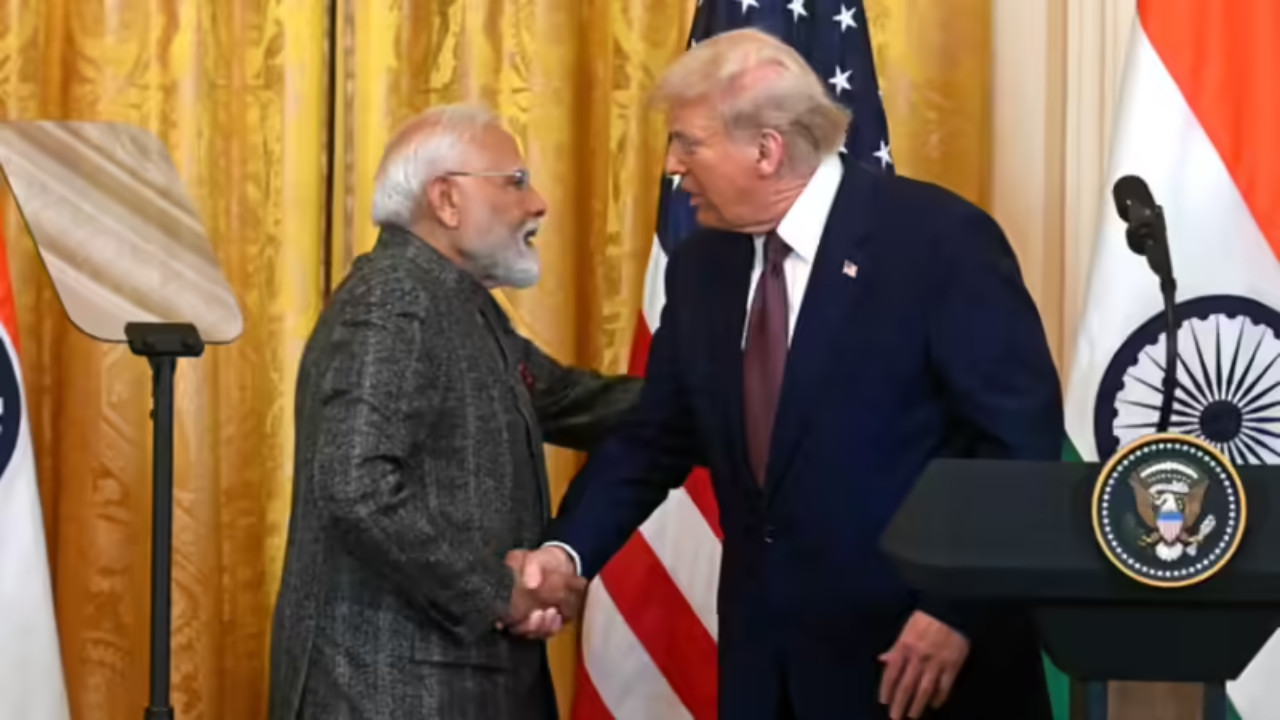Global stock markets experienced a downturn on Tuesday following President Trump’s actions, including the dismissal of a Federal Reserve official and threats of export controls on microchips. Asian and European markets reacted negatively, with indices like Hang Seng, Nikkei, and FTSE 100 all declining. These developments have heightened concerns about central bank independence and potential trade conflicts, impacting investor confidence.
Shifting Sands: How Trade Tensions are Rippling Through Global Markets
The air crackled with uncertainty as global markets reacted to the latest volley in the ongoing trade saga. Major indices painted a sea of red, a stark reminder of how sensitive the financial world remains to even the threat of escalated trade tensions. It’s not just numbers on a screen; it’s real-world anxiety translated into fluctuating stock prices and cautious investor sentiment.
The catalyst? Renewed murmurings about tariffs, specifically targeting key economic sectors. The prospect of these trade barriers being resurrected has investors worldwide re-evaluating their positions, leading to a widespread sell-off across various exchanges.
Hong Kong’s Hang Seng Index bore the brunt of the initial tremors, dipping by a significant 1%. This slide rippled outwards, impacting other Asian markets and casting a shadow across the European trading day. London’s FTSE 100, a bellwether for the UK economy, started the day down by around 50 points, signaling a cautious, if not pessimistic, outlook.
Understanding the Market Jitters
Why such a dramatic reaction to what, at this point, amounts to political maneuvering? The answer lies in the interconnectedness of the modern global economy. Tariffs, essentially taxes on imports, disrupt established supply chains, increase costs for businesses, and ultimately, can stifle economic growth.
Companies that rely on international trade face immediate uncertainty. They grapple with questions: Will their input costs rise? Will they be able to maintain their profit margins? Will demand for their products decrease as prices inevitably increase? These questions, often unanswerable in the short term, breed hesitation and lead to businesses postponing investments and scaling back production.
This hesitation isn’t limited to corporations. Investors, sensing the potential for reduced earnings and increased volatility, become risk-averse. They seek safer havens for their capital, often pulling back from equities and driving down stock prices.
The Broader Economic Impact of Trade Wars
The impact of global market volatility extends far beyond the stock market ticker. Increased trade tensions can have a tangible effect on consumers, who may face higher prices for everyday goods. Businesses, struggling to absorb tariff costs, might be forced to reduce their workforce, leading to unemployment.

Furthermore, the uncertainty surrounding trade relations can undermine global economic confidence. When businesses and consumers lose faith in the stability of the economic environment, they are less likely to spend and invest, further slowing growth. We saw a preview of this a few years back, and the echoes of that period are still felt today.
Navigating the Turbulence
For individual investors, times like these can feel particularly unsettling. The urge to panic sell is strong, but history teaches us that knee-jerk reactions are rarely the best course of action. A more prudent approach involves carefully reviewing your portfolio, ensuring it aligns with your long-term financial goals, and maintaining a diversified investment strategy. This isn’t to say you should ignore the news – instead, be discerning about what you read and how it could impact your own investments.
Speaking of long-term goals, have you considered how market volatility affects your retirement planning? We’ve got some resources on that topic right here.
The Road Ahead: A Waiting Game?
Predicting the future is, of course, impossible. However, it’s safe to assume that market volatility will remain a recurring theme as long as trade tensions persist. The key for businesses and investors alike is to adapt and develop strategies to navigate this uncertain environment. This may involve diversifying supply chains, hedging against currency fluctuations, or simply maintaining a more conservative investment posture.
One thing is clear: The global economy is a complex and interconnected system, and even the smallest disruption can have far-reaching consequences. Understanding these dynamics is crucial for making informed decisions and weathering the inevitable storms. What happens next will depend on many factors, but being informed and prepared is half the battle.
